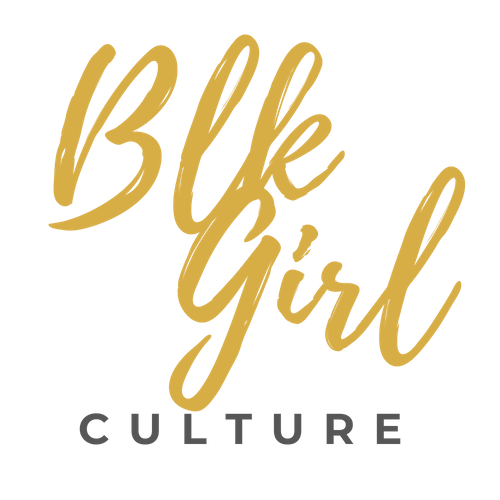Wear Your Hair However the Hell You Want
I see no other way to begin this article than with a personal anecdote:
As a six-year-old, I had no idea how to do my hair (obviously). I didn’t know how to “deal with it,” much less did I realize how problematic this mindset was. On top of my big head was an even bigger pile of thick curls that naturally sprang back into place (I would later in life come to find that this curl type was actually called 3b). My mother would send me to school in variations of styles—pigtails, ponytails, braids. I was proud to rock them all. My kindergarten teacher liked them too. So much so that she felt the need to touch those same pigtails, ponytails, and braids almost every single day.
Yes, you read that correctly. To reiterate, My white kindergarten teacher loved touching my hair so much that by the end of the year, at our awards ceremony, I was so graciously given the “Best Hair Award.” Problematic? Probably. But unfortunately, this was only one of the many microaggressions I would face through my years in school.
As I grew older, I learned—thanks to the media and other environmental factors—that my hair needed to be tamed. Going to the salon was something to look forward to because it meant that I could get my hair straightened. I never felt pretty; I never felt blessed. I never felt appreciative of the thick curls that never seemed to want to flatten down.
It wasn’t until later throughout high school that I learned to love my hair. I figured out quickly that the hair products I constantly saw on television weren’t meant for me. I began to take better care of my natural gift. No more tight buns and slicked back baby hairs. I finally let my hair down because I realized that my hair was not just something unique; my hair was something that represented me. And I realized that for many of us, it tends to be the same way.
A quick disclaimer: I am very aware that I too carry privilege when it comes to issues like these.
Speaking as a young woman of mixed races, I understand that my lighter skin and looser hair type automatically grant me more acceptance in society and make me less of a “threat” to the everlasting American ideal of pure “whiteness.” Nevertheless, I still wanted to share my experiences as a Black woman to highlight the ways in which hair discrimination, even in the year 2019, affects all of us. An article from The Guardian cites many examples in which hair discrimination is still very prevalent in the lives of many:
“In 2015, south Londoner Simone Powderly was offered a job on the condition she took out her braids, and two years ago, a black woman wanting to work for Harrods was told to chemically straighten her hair. Multiple UK schools have gained media traction for threatening exclusion against black children for bantu knots, braids and dreadlocks (in the latter case, the proposed solution was to simply “cut them off”). The list goes on and on, and that’s only considering the cases that have gone public.”
In December 2018, another instance of this came to prominence when a video was released of a New Jersey high school wrestler being told to either cut off his dreadlocks or forfeit the match. The video sparked outrage and caused the topic of hair discrimination to circulate once more. You can find that video here.
To many, hair discrimination is the unfortunate reality rooted in everyday life. The idea that someone looks “unkempt” or “messy” due to their natural or protective hairstyle is another codeword in the language of systemic racism. To assert that Black hair is not suitable for a certain environment is an offense not only to their culture but also to their humanity.
Photo via Allure, 2019.
Some might ask what the big deal is—it’s “just hair.”
But many fail to realize that to many Black people, hair is a salient element of one’s identity. The different styles in which Black people choose to wear their hair “[cannot] be disentangled from black culture.” But it’s no surprise that the European standards of beauty are what shaped the notion of “professionalism” in America. For too long, Black women have been forced to chemically straighten, cut, and further damage their hair in order to fit into the ideal of any school or workplace environment. Because anything else might have been too “extreme” or “radical” for the picture the institution was trying to paint. But hair is the way in which we share our story—our culture. It’s a constant reminder of who we are. Therefore, it’s important to note that hair discrimination is indeed a form of racial discrimination.
So the real question is: why is hair discrimination still a thing?
In late June, California was the very first state to pass any kind of legislation banning hair discrimination. In mid-July, New York became the second. That’s it—so far. Here we see two of the arguably most progressive states in the U.S., and even so, they are just now beginning to recognize the racial discrimination and unjust beauty standards placed upon us for centuries. At the very least, something is being done. Yet something inside is telling me to keep pushing the fight onward in whatever form that may be. I, too, am guilty of succumbing to the European ideals of beauty from time to time (because after all, who isn’t).





